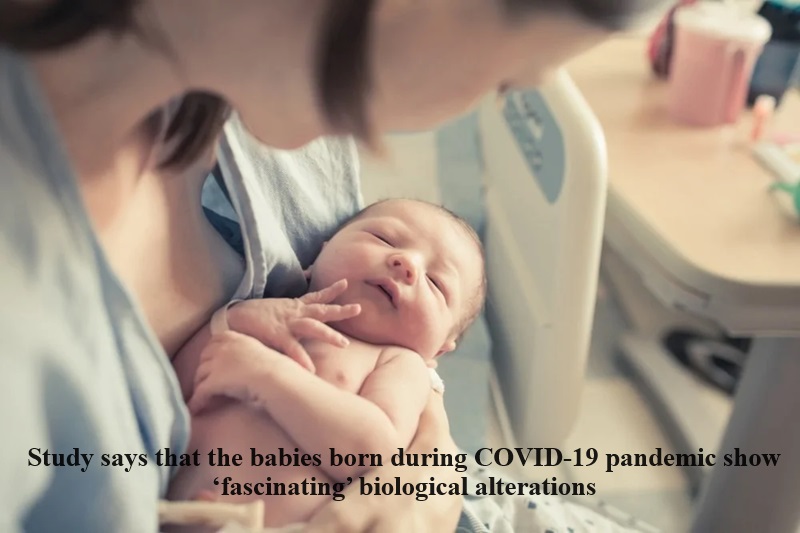
Researchers have been astonished by the biological changes observed in infants born during the COVID-19 pandemic. A study published in Allergy has shed light on how these “COVID babies” exhibit an altered gut microbiome compared to infants born before the pandemic. The gut microbiome refers to the ecosystem of beneficial and harmful bacteria in the digestive system, which plays a crucial role in digestion and protection against harmful pathogens.
Conducted by a research team from the University College Cork in Ireland, the study analyzed fecal samples from 351 Irish babies born in the initial three months of the COVID-19 pandemic, specifically between March and May 2020. These samples were then compared to those obtained from babies born prior to the pandemic.
The findings revealed noticeable differences in the composition of gut bacteria among COVID babies, suggesting that their gut microbiome is slightly distinct as they transition into toddlerhood and early childhood. Remarkably, this alteration in gut bacteria was associated with a lower-than-expected incidence of allergic conditions among COVID babies compared to their pre-pandemic counterparts.
Only five percent of COVID babies developed a food allergy by the age of one, a stark contrast to the 22.8 percent observed in pre-COVID babies. The researchers proposed that mothers may have transmitted healthy microbes to their infants during pregnancy, and additional microbial exposure occurred postnatally from the environment.
Furthermore, the study found that COVID babies required fewer courses of antibiotics to manage illnesses, suggesting a potential link between alterations in gut microbiome and immune function.
Overall, the study underscores the significant impact of the COVID-19 pandemic on infant health and highlights the potential role of maternal microbiota in shaping the infant gut microbiome and immune system development. These findings open avenues for further research into understanding the long-term health implications for babies born during the pandemic and emphasize the importance of early microbial exposure in shaping immune health.

Post Your Comments